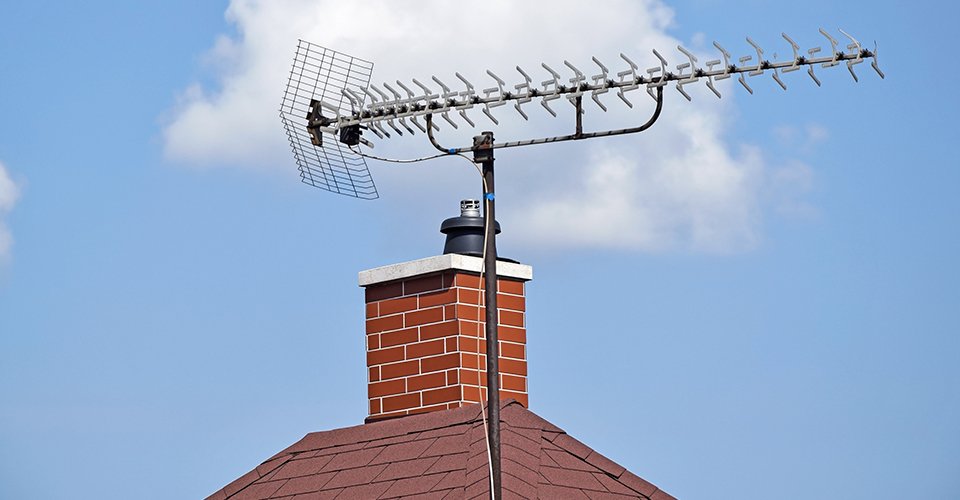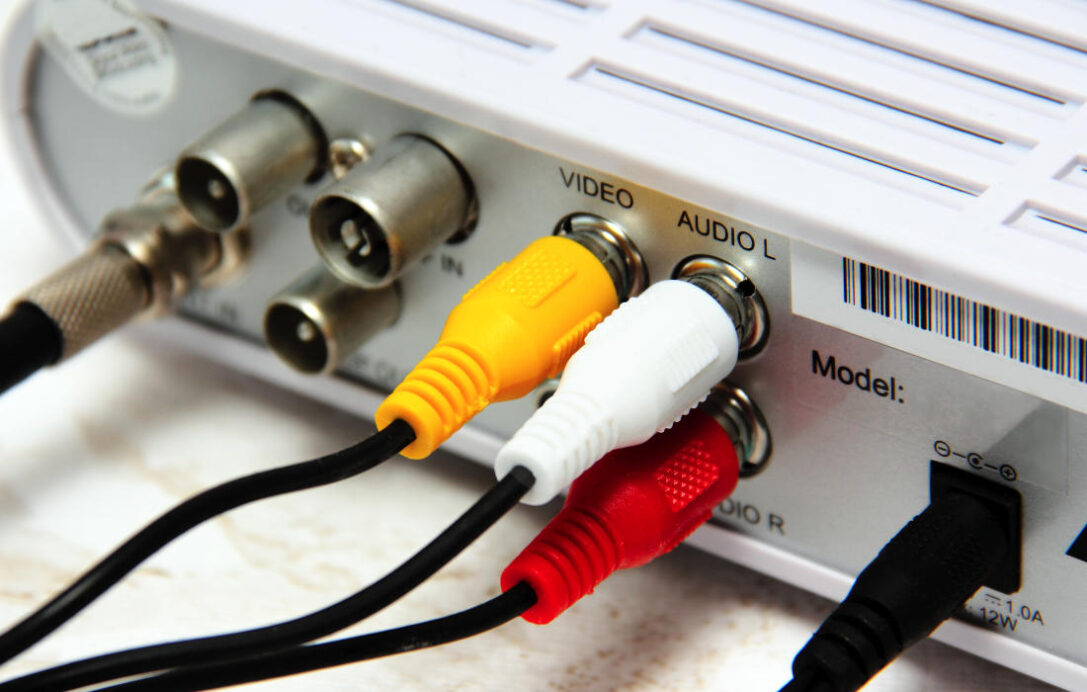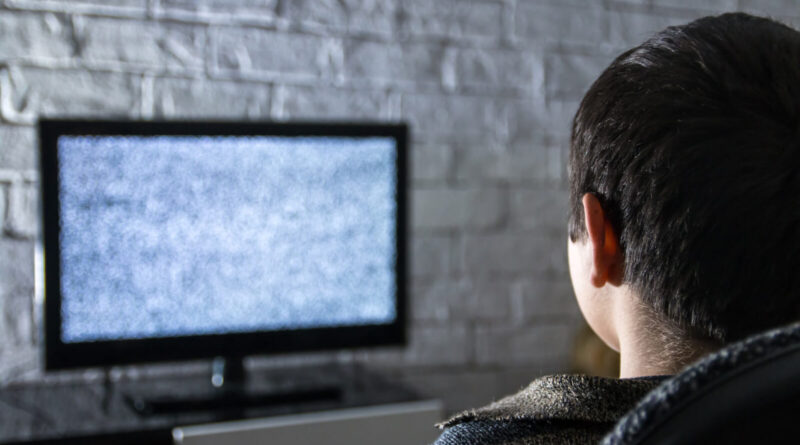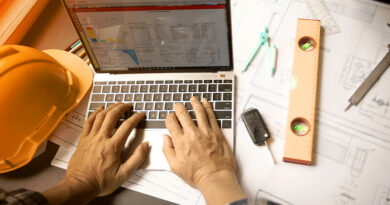8 Tips For Fixing Bad Or No Tv Reception
The latest statistics have shown that most people watch TV for at least three to five hours per day. We do this to stay informed, relax after a long day of work, or just learn something new. The worst thing that can happen as you are enjoying your favorite show is for the signal to become bad or for you to lose all the reception. In this case, you will want to find the solution as fast as possible, and just go back to your favorite channel. Keep on reading if you want to learn some tips for fixing bad or no TV reception.
1. Choose the right model
The first thing you need to do is make sure that you are using the right brand and model for your unit. Some models are specifically made for outside use, while others are better for indoors. Depending on your location and preferences, you should see if you would be better with an inside or outdoor device. In case you are not sure, you can contact your provider for advice.
2. Try moving the aerial outside

Many people have suggested that when they have experienced a bad signal, the thing that helped them the most is moving the aerial outside. In case you have an indoor device, then you should not do this, but instead, you should try to position the unit higher up, and closer to the window. Even though you won’t be able to put it outdoors, you will still get all the perks from that and this should greatly improve the signal.
3. Make sure there are no obstacles
One of the number one things that will cause an issue with the reception is the obstacles between your aerial and the provider’s tower. So, when choosing the right placement for your unit, you should try to steer away from placing it in rooms that are not on the side that is facing the tower, and you should not put it near the floor.
Note that, if possible, you should place it near a skylight or the rooftop, and if you cannot do that, then you should put it next to your window. When it comes to outdoor units, you should properly fasten them on top of the roof, and you should make sure that there are no things that could cause interference.
4. Collaborate with a good service
Sometimes we cannot get everything fixed on our own, and in some cases, there is an issue with the device itself and you cannot do it all on your own. Even if it comes to just properly fastening the device on the roof, or replacing it, you may need an expert to help you out.
On websites like www.aerialandsatelliteexpress.co.uk, you can see that a professional service can help you out in case you are experiencing any issues with the reception, and if you are suspecting that your device may be faulty or, it may not be properly installed.
5. Check where the tower is located

If you’ve tried all the other things out, and if the signal is still bad, then you should do some Googling and see where your provider’s tower is located. You should be able to see all the towers on the map, but in case there is no information like that available, then you should contact your provider.
Ask them where the nearest tower is, and depending on that, check if it is in the range of your device. Sometimes the device won’t be able to get the needed signal because the signal is too weak, so you may need to invest in something better. Note that you should always position the unit to face the tower, no matter if it is an indoor or an outside aerial.
6. Install an amplifier
As we previously mentioned, sometimes the tower’s signal may be out of reach for your device, so if you don’t want to replace it and invest in a new unit, you can just purchase an amplifier.
Most of the newer aerial models come with a built-in booster that will improve the signal, so you should see if it is already turned on. Even though amplifiers are made to make things better, in some cases, they can make things worse. Check to see if the reception is better if you turn the booster on or off.
7. Check all the cables

Sometimes the problem is extremely easy to fix, but the solution is something that we don’t even consider. If you have faulty cables, if they are worn or torn up, or if they have been exposed to outside elements for too long, they may be the cause of your bad reception.
You should first check the cables and see if all of them, including the connectors, are working properly, and you should check to see if they are installed in the correct way. This is the easiest thing to check and replace, and changing them is extremely budget-friendly.
8. See if there is any interference
The last thing you can do is check to see if there is any interference. Other devices that you have in your home may cause a problem with the signal, and this may randomly happen without any prior notice. Even if you have been using the same devices for years, the problem can suddenly happen.
To see if this is the issue, you should turn off all the other electrical devices in close proximity of the antenna, and see if the reception gets better. If this happens, then you should turn them on one by one and see which one is the device that is causing the issues. Move your aerial as far away from that device as possible.
These are some of the things that may help you get things fixed with your TV reception, and they can help you save a lot of time and money in the long run. If nothing helps, then maybe you should call professional service and see how they can help with your problem. Start with the things that are the easiest to check, and note that if you have an old model or device, you may need to replace it.



